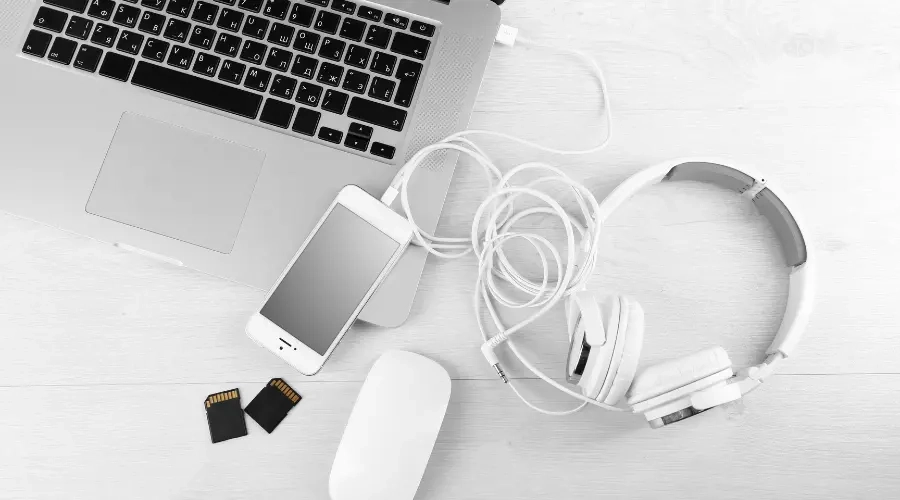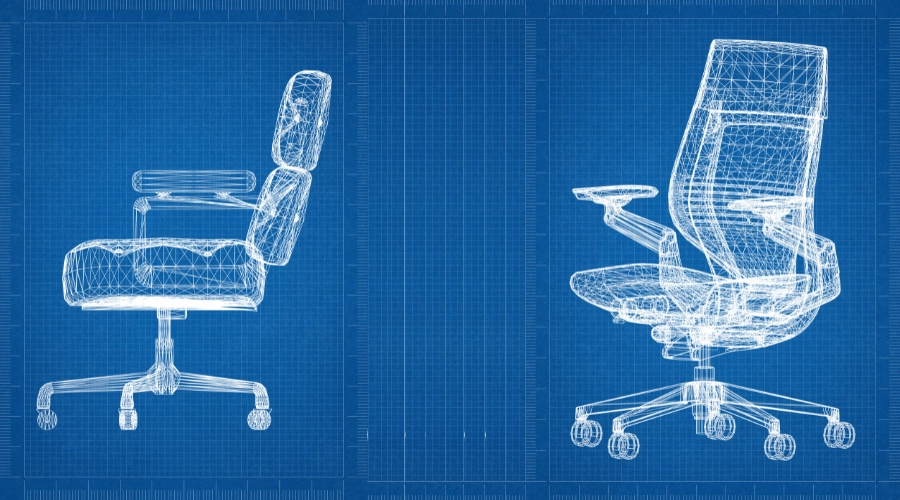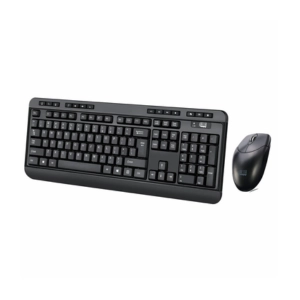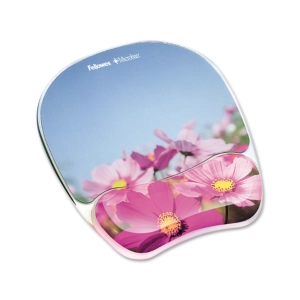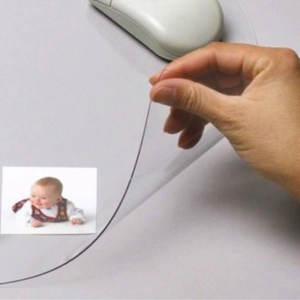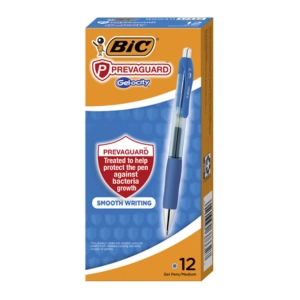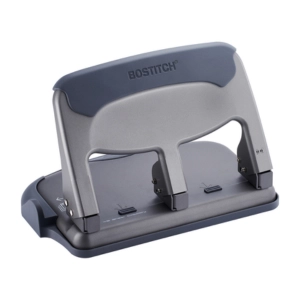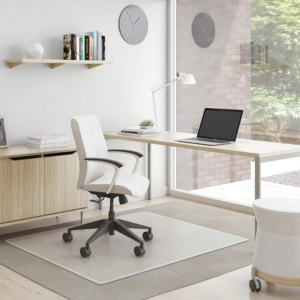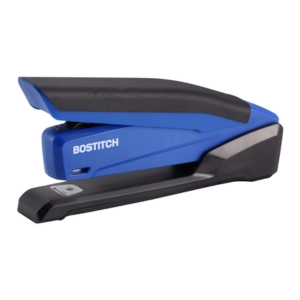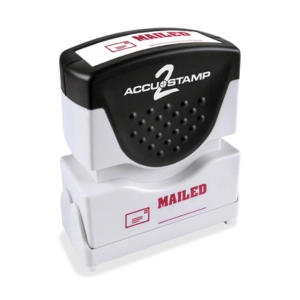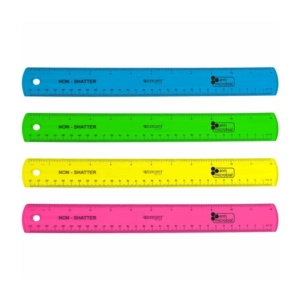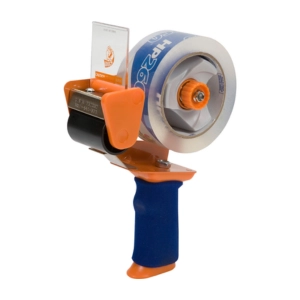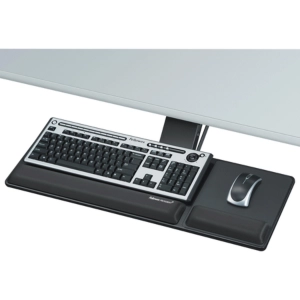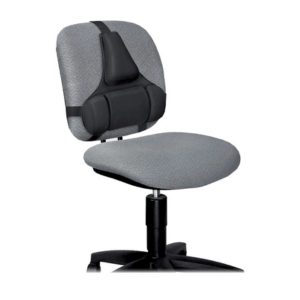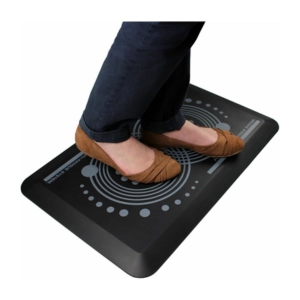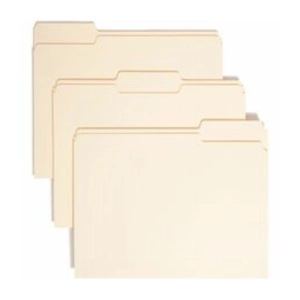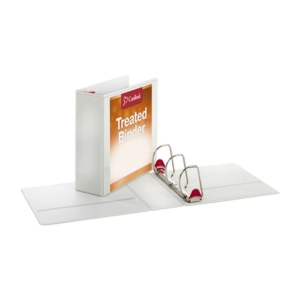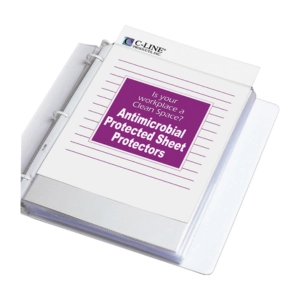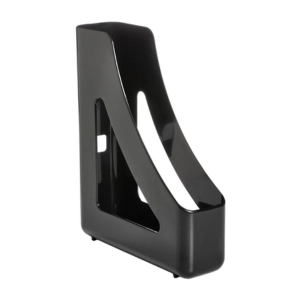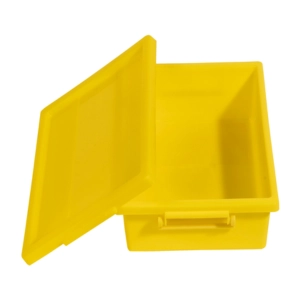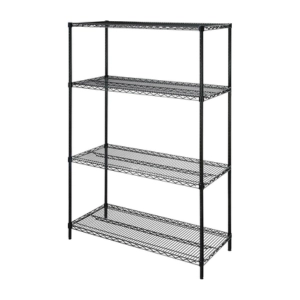
Protect yourself and your team by standardizing on antimicrobial office products that help destroy or inhibit the growth and reproduction of bacteria, mold and mildew.
How Now?

Utilizing industry-leading technologies and best polymer chemistry practices, Microban® designs unique antimicrobial solutions for individual partner products.
Their experienced staff determine the required chemical makeup of each antimicrobial solution based on a product’s uses, applications and likely environments.
Microban® antimicrobial technology works at a cellular level to continually disrupt the growth and reproduction of microorganisms that contaminate a treated surface. It operates a multi-modal attack by damaging the protein, cell membrane, DNA and internal systems of a microbe, causing it to die.
HOW DO ANTIMICROBIALS DISRUPT THE GROWTH OF MICROORGANISMS?
Once infused into a product, antimicrobial technology will start to work as soon as a microorganism comes into contact with the treated surface.
- Protein Damage: antimicrobial agents attack the proteins of a microbe, causing failure of essential functions
- Cell Disruption: antimicrobial agents damage the membrane of a microbe, leading to the loss of critical nutrients
- Oxidative Damage: antimicrobial agents cause increased oxygen levels, leading to significant damage to the internal systems of a microbe
- DNA Disruption: antimicrobial agents interfere with the genetics of a microbe, ultimately preventing its growth and reproduction
By creating an inhospitable environment for microorganisms like bacteria, mold and mildew, antimicrobials protect everyday products from staining, bad odors, and premature degradation. Typical material applications include plastics, coatings and textiles to name but a few.
Microban® antimicrobial technologies provide continuous 24/7 product protection that does not wear off and remains effective throughout the expected lifecycle of the product, even if a treated product is nicked, scratched, or abraded.

